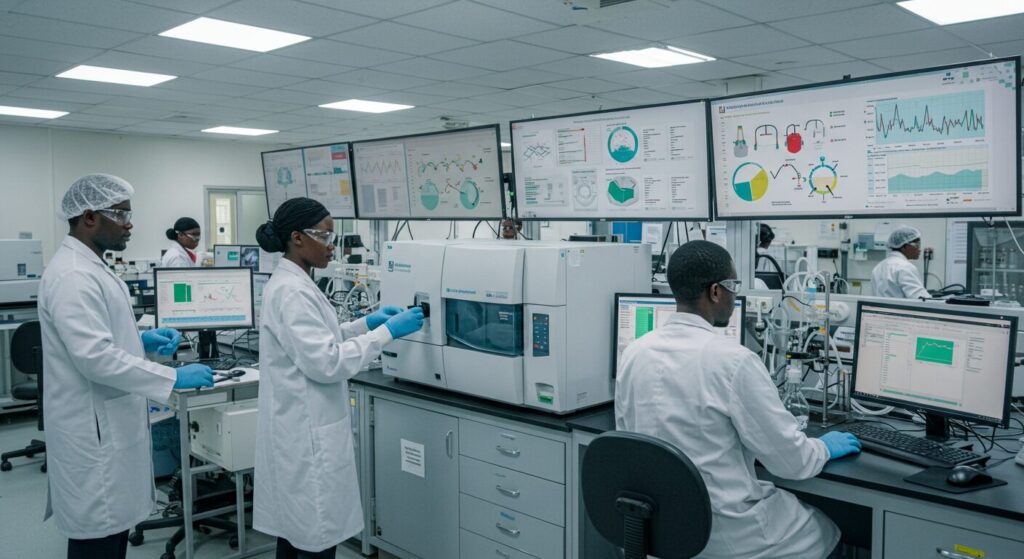Nigeria is eyeing a strategic position in methanol fuel technology as the Federal Government is intensifying efforts to unlock its transformative potential as a clean energy source to drive sustainable development.
The Federal Ministry of Innovation, Science and Technology is promoting the adoption and diffusion of methanol fuel across the country, which it sees as a game-changer in Nigeria’s clean energy transition, economic diversification and climate action strategy.
Mrs. Esuabana Asanye, Permanent Secretary of the Ministry, says that the methanol fuel value chain holds significant promise for enhancing clean transportation, reducing greenhouse gas emissions and creating economic opportunities across critical sectors. Represented by Mrs. Ogwuche Bernadette, Director of Environmental Science and Technology, Asanye disclosed this during a stakeholders’ workshop on the methanol fuel adoption pilot programme held recently in Abuja.

Asanye cited Nigeria’s Nationally Determined Contributions (NDCs), which are targeting a 47% emissions reduction by 2030 across energy, oil and gas, transport, industry and agriculture, as key drivers for embracing alternative fuels like methanol.
Ministry: Methanol fuel technology is a catalyst
“The methanol fuel technology value chain is being recognised as a catalyst for cleaner energy adoption, job creation, and poverty alleviation,” Asanye says, while underscoring its relevance to Nigeria’s 2030 emission reduction goals under the Paris Agreement.
According to the Ministry, the zonal trials underway are going to inform a possible national rollout and are positioning Nigeria to become a continental leader in methanol fuel deployment.
The trial initiative is also supporting cross-sectoral collaboration, as the Ministry is partnering with other government bodies to align the methanol fuel project with national energy, climate, and industrial policies.
Asanye cited Nigeria’s Nationally Determined Contributions (NDCs), which are targeting a 47% emissions reduction by 2030 across energy, oil and gas, transport, industry and agriculture, as key drivers for embracing alternative fuels like methanol.
“The Ministry is going to continue working with all stakeholders to complete project components over the coming years, with evidence-based findings expected to be submitted to the Federal Executive Council for decision-making,” the Permanent Secretary adds.
Mr. Ibok Edifon, Assistant Director at the Environmental Science and Technology department, is reinforcing the importance of methanol to Nigeria’s clean energy ambitions. He says that government efforts are currently underway to position Nigeria as one of Africa’s top methanol fuel producers.
The workshop, which is part of broader consultations, is bringing together experts, policymakers and environmental advocates to deliberate on the role methanol can play in achieving energy security, economic transformation and climate resilience.
As global energy markets shift toward low-carbon alternatives, Nigeria’s investment in methanol technology is reflecting its commitment to innovation, cleaner fuels, and inclusive growth, particularly in aligning youth employment with green economy sectors.
The Ministry is assuring that it remains committed to a science- and evidence-based approach to policymaking as Nigeria eyes a transition into a methanol-driven economy that supports local content, innovation and environmental stewardship.
Source of Article
